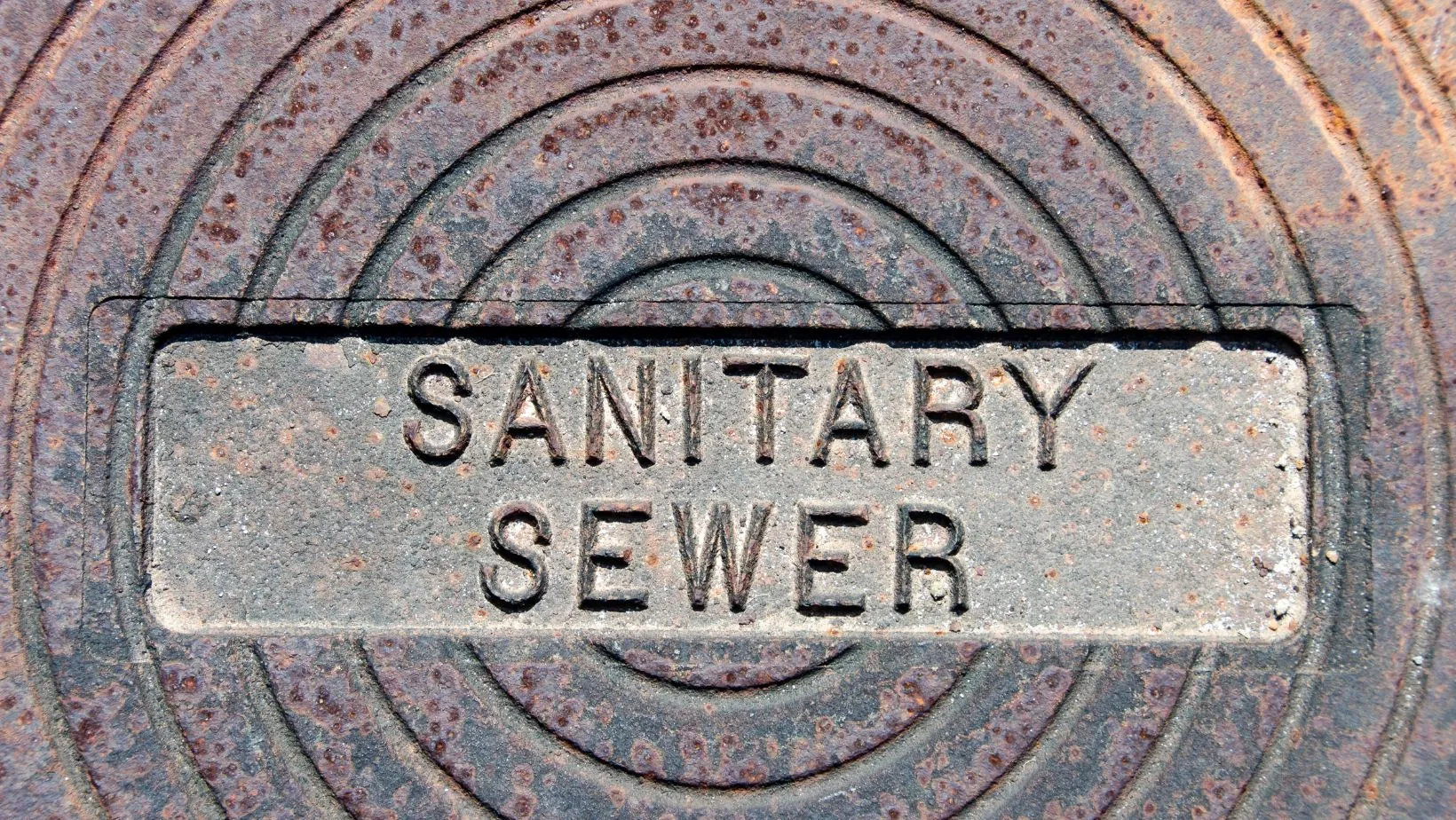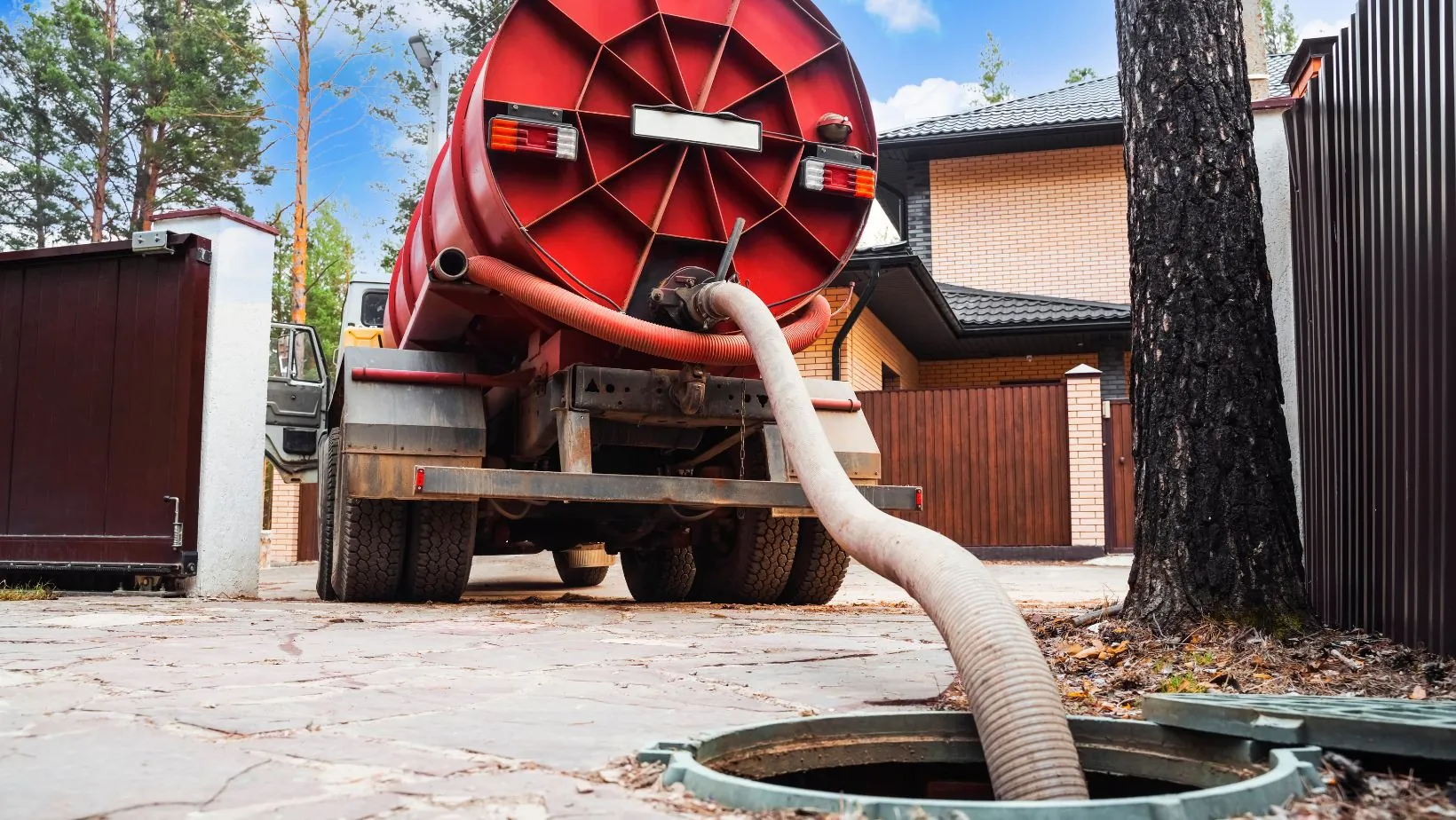Building a rural retirement home is a great way to tap into the countryside’s vegetative ambiance. However, many rural homes remain unconnected to mains drainage and need a reliable domestic sewer system to treat wastewater and streamline drainage. If you’ve been using a septic tank as an alternative, chances are it’s already aged and will soon start contaminating groundwater supplies and surface water.
Installing a domestic sewer system offers more sustainable solutions and can serve your home for a long time without significant challenges. Here are five reasons you should install one sooner.
Water Conservation
Talks on water conservation are a big concern globally, with every responsible country working out solutions around conserving water. In 2022, the U.S. averaged over 1,200 cubic meters of water consumption per person, making it one of the largest water-consuming countries globally. With water consumption rising, simple water conservation solutions like installing a domestic sewer can significantly improve consumption.
Wastewater from your sewer system can be reused to water non-food plants in your garden and perform other activities that don’t need clean water. This way, you can save on water usage and minimize your carbon footprint.
Easier Installation and Maintenance
Installing and maintaining a domestic sewer system is easier than a septic tank, especially if you hire an experienced team with high integrity to complete the work. While the initial cost of installing a domestic sewer system is slightly higher than installing a septic tank, there are usually no high maintenance costs associated with domestic sewers.
Moreover, the wastewater from domestic sewer systems is considered safe for the environment and can be released into rivers and surface waters. This means you don’t have to link your sewer system with the municipal sewer system, making the installation process much easier and quicker.
Faster, High-Value Selling
If you decide to sell your home, the sewer system is among the first things buyers will inspect. If yours is dilapidated, you might quickly lose potential customers or sell at a lower value to compensate for the missing drainage system. Potential buyers want a home they can feel comfortable in with all their primary needs met and not have to worry about harassment from the municipal government for non-compliance.

Even if you already have a functional septic tank, replacing it with a small domestic sewer system is better to improve home value. Since a domestic sewer is considered an environmental upgrade, it holds more value than using a septic tank whose wastewater cannot be released into the environment.
Potential for Green Energy Production
To reduce their carbon footprint and invest in green energy, homeowners are now exploring the energy production potentials inherent in domestic sewer systems. A sewage treatment system separates solids and liquids to discharge clear liquid that can be reused in gardening. However, not all the liquid passes through to the other side; some remain to form sludge with the separated solid waste.
Engineers are targeting this sludge as a potential source of green energy that homeowners can harness. With successful execution, homeowners can use green bio-energy as a sustainable home energy solution, reducing energy costs and waste from the sewage system.
Ideal for Modern Life
With the rising population, many new homes are being built every day, which means increased effluent into the environment. If more homes embrace domestic sewer systems, the modern population challenge won’t severely threaten the environment.

Besides domestic sewer systems releasing safer effluent to the environment, there’s also the potential to improve energy consumption, giving homeowners an optimal return on their investment.
There’s no denying that a domestic sewer system is a significant home improvement project every rural and modern home should undertake. The benefits that follow this installation or upgrade far outweigh the initial costs of installation. If you are considering installing a new sewer system, these five benefits should help you make the right decision sooner.



